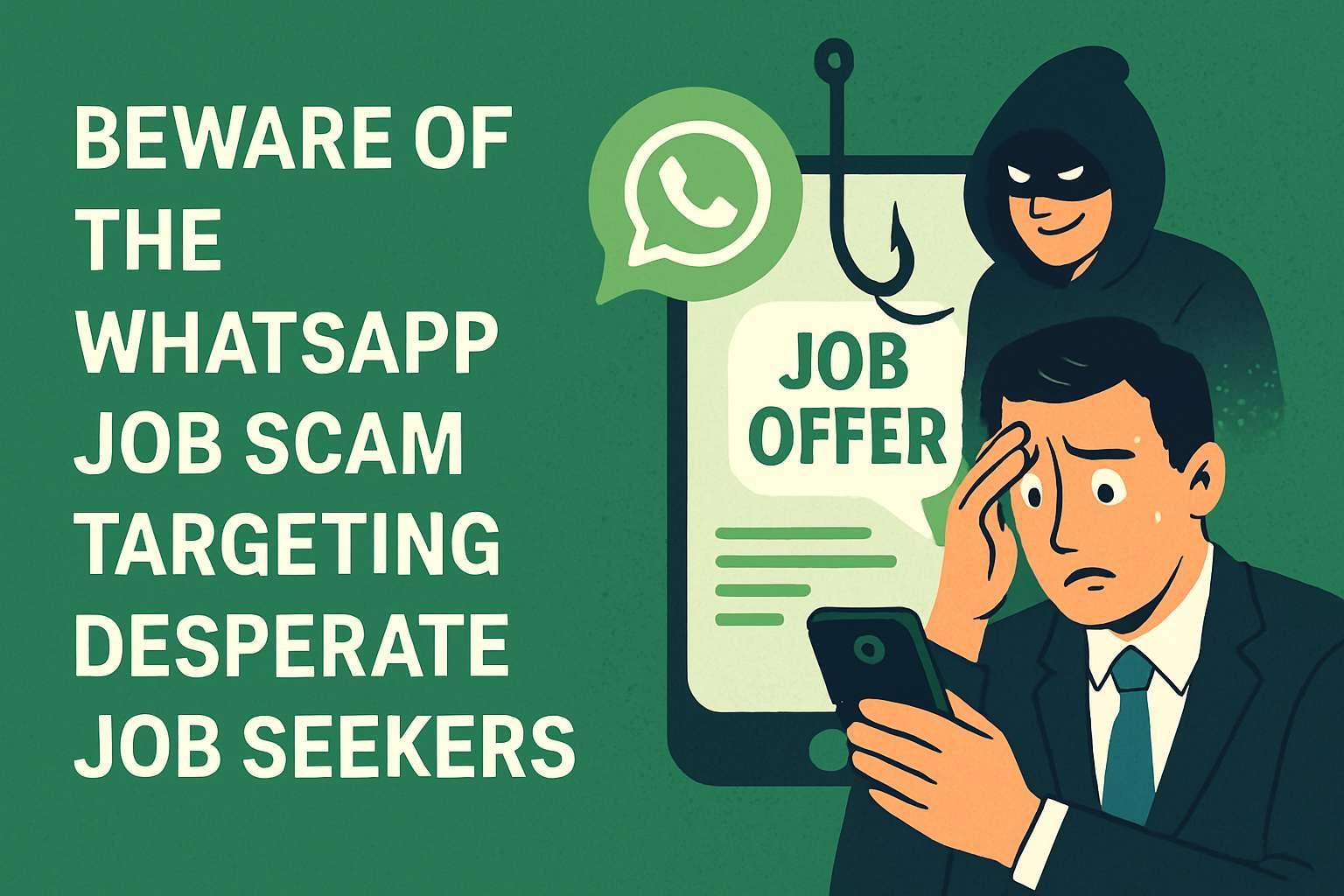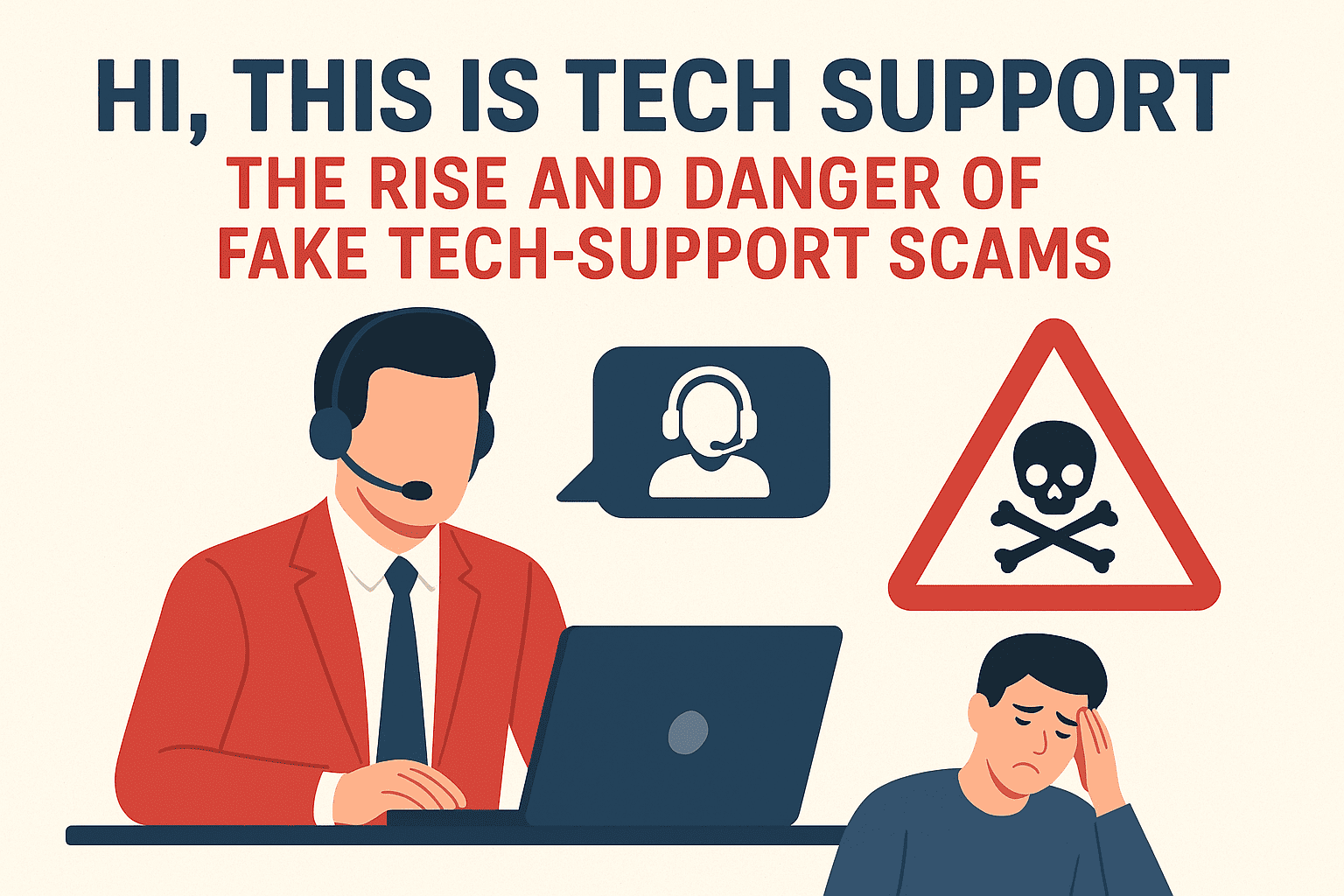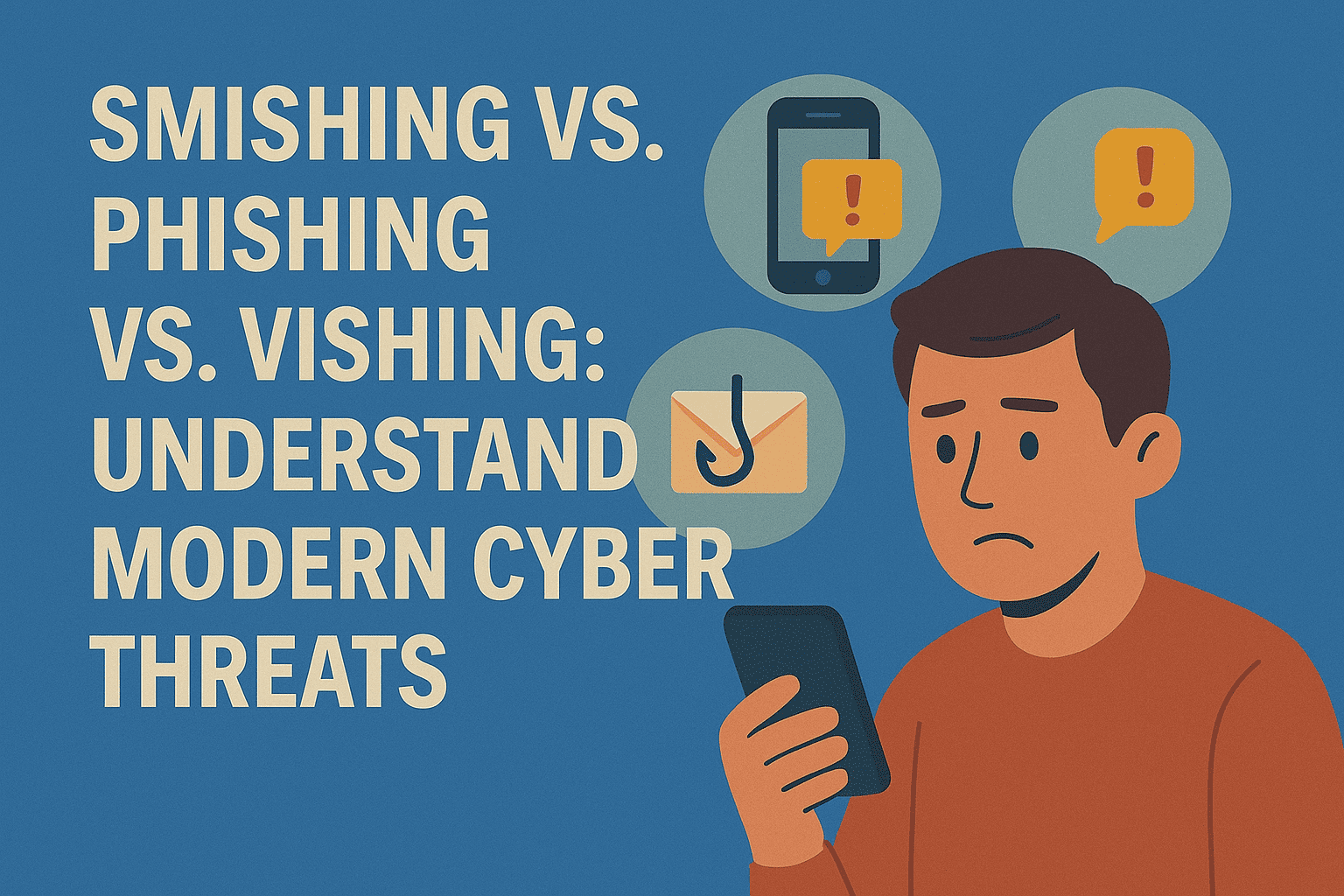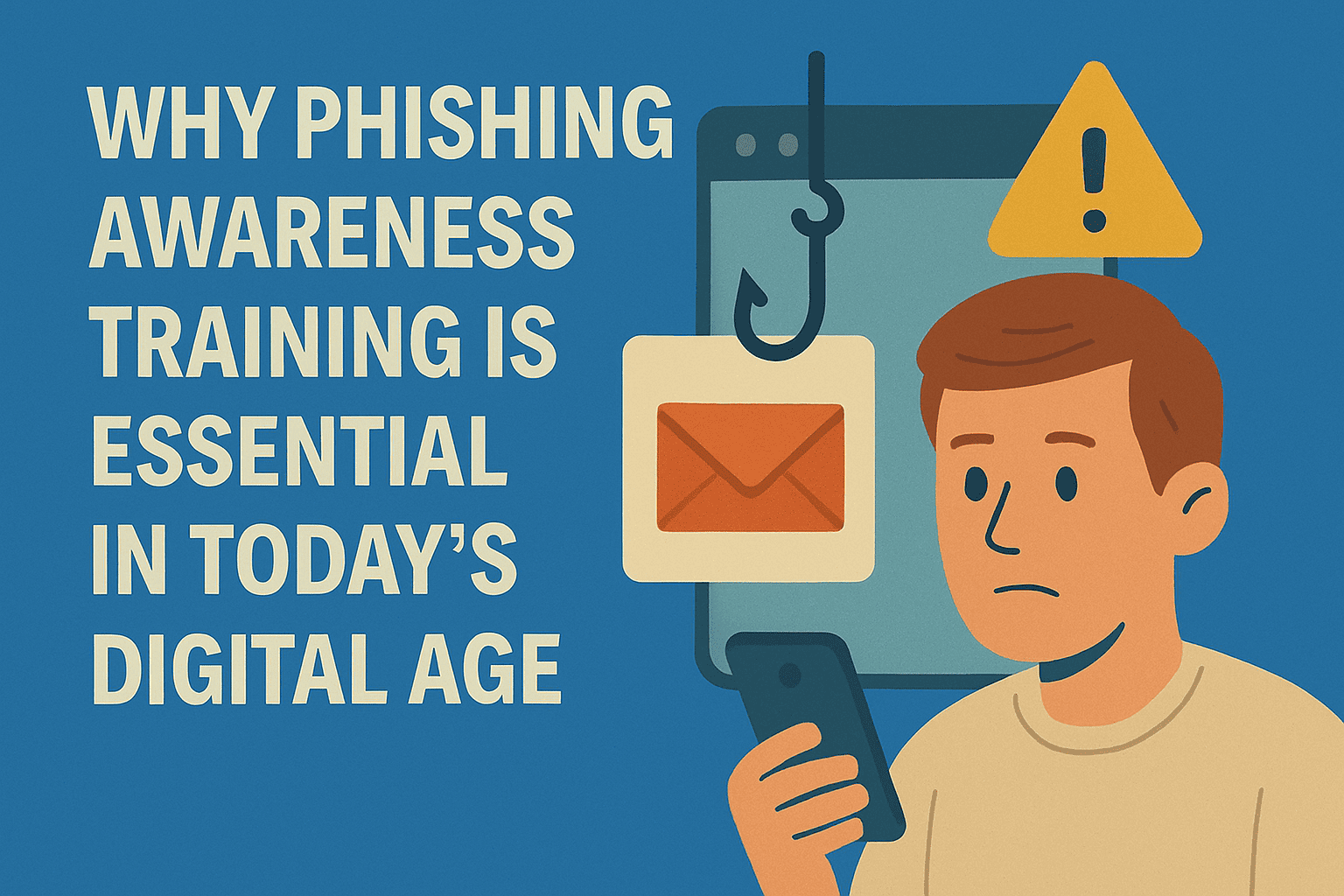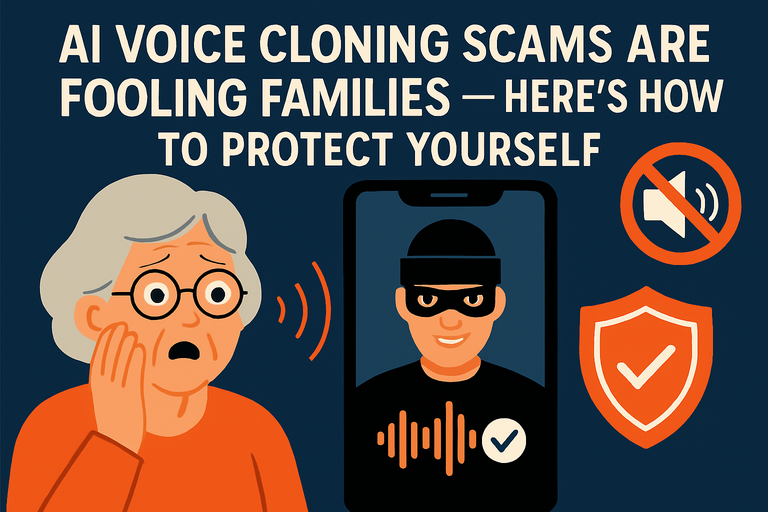How to Identify and Avoid Job Offer Scams in 2025
Fake job offers are on the rise — learn how to spot them before you get trapped.
What are Fake Job or Hiring Scams?
Fake Job or Hiring Scams occur when criminal actors deceive victims into believing they have a job or a potential job. Criminals leverage their position as “employers” to persuade victims to provide them with personally identifiable information (PII) or to send them money.
.
Fake Job or Hiring Scams occur when criminal actors deceive victims into believing they have a job or a potential job. Criminals leverage their position as “employers” to persuade victims to provide them with personally identifiable information (PII) or to send them money.
.
Methods
Criminals first spoof a legitimate company’s website by creating a domain name similar in appearance to a legitimate company. Then they post fake job openings on popular job boards that direct applicants to the spoofed sites. Applicants can apply on the spoofed company websites or directly on the job boards. Applicants are contacted by email to conduct an interview using a teleconference application. According to victims, cyber criminals impersonate personnel from different departments, including recruiters, talent acquisition, human resources, and department managers.
After being interviewed by cyber criminals, victims are offered jobs, usually in a work-at-home capacity. In order to appear legitimate, the criminals send victims an employment contract to physically sign, and also request a copy of the victims’ driver’s licenses, Social Security numbers, direct deposit information, and credit card information. Criminals may also tell victims they need to pay upfront for background checks or screenings, job training, start-up equipment, or supplies. In many cases, victims are told they will be reimbursed in their first paycheck. Once they get money, criminals stop communicating with their victims.
Criminals first spoof a legitimate company’s website by creating a domain name similar in appearance to a legitimate company. Then they post fake job openings on popular job boards that direct applicants to the spoofed sites. Applicants can apply on the spoofed company websites or directly on the job boards. Applicants are contacted by email to conduct an interview using a teleconference application. According to victims, cyber criminals impersonate personnel from different departments, including recruiters, talent acquisition, human resources, and department managers.
After being interviewed by cyber criminals, victims are offered jobs, usually in a work-at-home capacity. In order to appear legitimate, the criminals send victims an employment contract to physically sign, and also request a copy of the victims’ driver’s licenses, Social Security numbers, direct deposit information, and credit card information. Criminals may also tell victims they need to pay upfront for background checks or screenings, job training, start-up equipment, or supplies. In many cases, victims are told they will be reimbursed in their first paycheck. Once they get money, criminals stop communicating with their victims.
How Fake Job Offer Scams Operate
1. Phishing Emails and Messages
Scammers send emails or messages posing as HR professionals from reputed companies. They often use fake email domains similar to legitimate organizations.
Scammers send emails or messages posing as HR professionals from reputed companies. They often use fake email domains similar to legitimate organizations.
2. Fake Job Portals and Websites
Fraudulent job portals mimic genuine recruitment websites. These platforms collect sensitive data under the pretense of job applications.
Fraudulent job portals mimic genuine recruitment websites. These platforms collect sensitive data under the pretense of job applications.
3. Upfront Payment Requests
Scammers ask for application fees, training charges, or processing fees. Victims are promised high-paying jobs after payment, which never materializes.
Scammers ask for application fees, training charges, or processing fees. Victims are promised high-paying jobs after payment, which never materializes.
4. Personal Information Theft
Scammers request sensitive data like passport copies, bank details, or social security numbers.
This information is later used for identity theft or financial fraud.
Scammers request sensitive data like passport copies, bank details, or social security numbers.
This information is later used for identity theft or financial fraud.
5. Fake Job Interviews
Victims are scheduled for online interviews with fake recruiters.
These sessions often involve persuading the target to share sensitive details or make payments.
Victims are scheduled for online interviews with fake recruiters.
These sessions often involve persuading the target to share sensitive details or make payments.
6. Fake Offer Letter
Victims receive fake job offer letters with convincing logos and signatures.
These often request payment for on-boarding or other formalities.
Victims receive fake job offer letters with convincing logos and signatures.
These often request payment for on-boarding or other formalities.
How to Identify Fake Job Offer Scams
1. Too Good to be True Offers:
If a job offer seems too good to be true – offering high pay for little work, no experience necessary, etc – it often is.
If a job offer seems too good to be true – offering high pay for little work, no experience necessary, etc – it often is.
2. Unprofessional Communication:
Scammers often use personal instead of business email addresses, and their messages frequently contain poor grammar and spelling errors.The email brochures and documents may appear unprofessional and inconsistent, while email addresses won’t be official and may contain errors. They may also not have the look and feel consistent with our corporate website.
Scammers often use personal instead of business email addresses, and their messages frequently contain poor grammar and spelling errors.The email brochures and documents may appear unprofessional and inconsistent, while email addresses won’t be official and may contain errors. They may also not have the look and feel consistent with our corporate website.
3. Upfront Payment Requests:
Legitimate employers will never ask for money upfront. Scammers may ask for fees for background checks, job training, or work-at-home supplies.
Legitimate employers will never ask for money upfront. Scammers may ask for fees for background checks, job training, or work-at-home supplies.
4. Requests for Personal Information:
Be cautious if someone asks for sensitive personal information, especially early in the job process without a clear reason. Fraudsters may send links or contractual documents that demand sensitive data or copies of documents (e.g., government-issued IDs, passports or passport numbers, bank account details, or a parent’s information) to commit identity fraud.Do not provide or send any of these documents or data. Please note we will never ask for photographs at any stage of the recruitment process.
Be cautious if someone asks for sensitive personal information, especially early in the job process without a clear reason. Fraudsters may send links or contractual documents that demand sensitive data or copies of documents (e.g., government-issued IDs, passports or passport numbers, bank account details, or a parent’s information) to commit identity fraud.Do not provide or send any of these documents or data. Please note we will never ask for photographs at any stage of the recruitment process.
5. Rushed Hiring Process:
If you’re offered a job without an interview or if the hiring process seems unusually quick, it could be a scam.
If you’re offered a job without an interview or if the hiring process seems unusually quick, it could be a scam.
6. Selling items:
Scammers want to extract money from you. We will never offer candidates the chance to buy new or used items such as company merchandise, phones or laptops.
Scammers want to extract money from you. We will never offer candidates the chance to buy new or used items such as company merchandise, phones or laptops.


